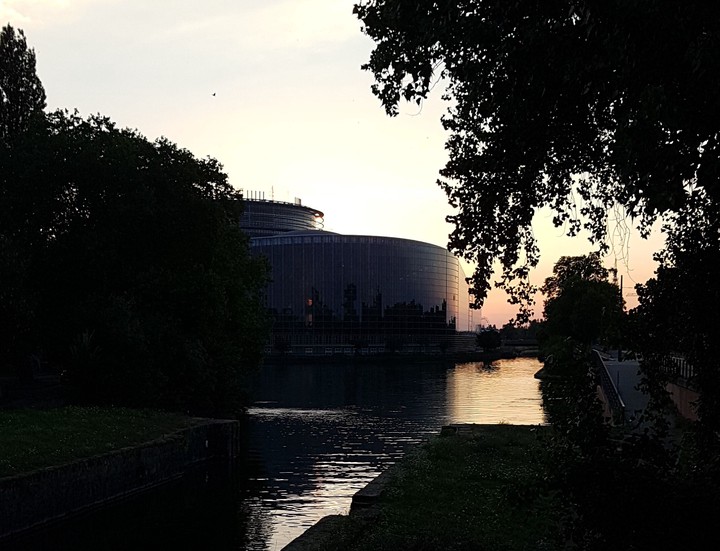Political parties obtain influence through their choice of representatives. Outside of parliament, they gain sway through the candidates for whom they secure election. Inside parliament, party groups shape policies through the allocation of tasks to competent members. This project delves into the mutual influence of parliamentary group allocations and the choices made by extra-parliamentary party organizations. In the center are members of Parliament whose political careers are shaped by both actors.
Election seeking
National parties do not have institutionalized presence in the EP. Their position is instead close to that of voters: They can hold representatives accountable by observing how they perform in office and either reselect or replace incumbent candidates in the next election. One important source of information for parties is the responsibilities that MEPs obtain from their transnational party leadership. This project looks at how parties’ uncertainty and access to new information determine the electoral accountability of Members of the European Parliament (MEPs).
Published work
-
“Lingering bias: the effects of legislated gender quotas on representation quality in the European Parliament” (2025) European Union Politics 26 (1), 1-35.
-
“Blurred lines between electoral and parliamentary representation: The use of constituency staff among Members of the European Parliament” with Andreja Pegan (2023) European Union Politics 24 (2), 239-263.
-
“Introducing COMEPELDA: Comprehensive European Parliament electoral data covering rules, parties and candidates” with Thomas Däubler and Mihail Chiru (2022) European Union Politics 23 (2), 351-371.
-
“Striving for influence: The effect of performance on candidate selection” (2018) Party Politics 24 (4), 382-396.
Legislative behavior
The European Parliament (EP) is a committee-oriented legislature; meaning that the bulk of legislative work is done in committees.
Parliamentary groups face a trade-off between the need for expertise and the risk of agency drift. We argue that groups allocate reports to maximize the value added by the rapporteur while limiting the drift. They prefer loyal policy experts to generalists and – up to a point – experienced MEPs to newcomers. Groups also balance individual demands with the collective need.
Published work
-
“Delegation of committee reports in the European Parliament” with Fang-Yi Chiou and Bjørn Høyland (2020) European Union Politics 21 (2), 233-254.
-
"(Self-)selection and expertise among decision-makers in the European Parliament" (2018) The Journal of Legislative Studies 24 (1), 148-172.
-
“Choosing Agents: Members of the European Parliament and their political organizations seen through report allocation” (2017) Doctoral dissertation, University of Oslo.
